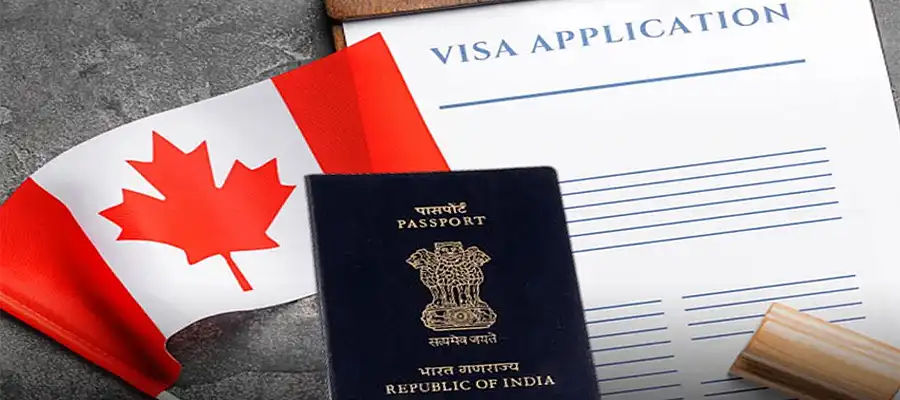The Canadian government has implemented new immigration rules granting officers the authority to cancel temporary resident documents, including study visas, work permits, and electronic travel authorizations (eTAs). These changes took effect on January 31, 2025, and have been officially published in the Canada Gazette II.
Key changes in immigration rules.
Under the amended Immigration and Refugee Protection Regulation, immigration and border services officers can cancel temporary resident visas (TRVs) and eTAS on a case-by-case basis. Some of the primary reasons for cancellation include:
- A change in the individual’s circumstances that makes them inadmissible or ineligible.
- Concerns that the individual may not leave Canada after their authorized stay.
- Errors in issuing the document due to administrative mistakes.
Impact on international students and workers
Students and workers in Canada may face cancellations if their study or work permit applications are denied. However, no authority other than designated immigration officers can revoke these documents.
Who is affected?
Temporary residents in Canada include visitors, students, and workers who must comply with eligibility requirements under the Immigration and Refugee Protection Act. Those traveling to Canada typically require either a TRV or an eTA:
- TRVs are issued for single or multiple entries, valid for up to 10 years.
- eTAa are electronically linked to a passport and are valid for up to five years or until the passport expires.
Expected impact of the new rules
Authorities estimate around 7,000 additional cancellations of TRVs, work permits, and study permits each year. This could lead to some individuals being turned back at the airport or denied entry at the border if their documents are canceled before arrival.
Potential consequences for foreign nationals
- Delays in obtaining new documents if lost or stolen
- A cancellation record in the Immigration, Refugee, and Citizenship Canada (IRCC) system, may affect future visa applications.
- Deportation from Canada in cases of inadmissibility.
- Denial of boarding on flights to Canada.
- Financial losses due to canceled travel plans.
IRCC will notify affected individuals as quickly as possible via their IRCC account or email, providing reasons for cancellation. The new measures are intended to strengthen immigration enforcement and ensure compliance with Canadian laws.
